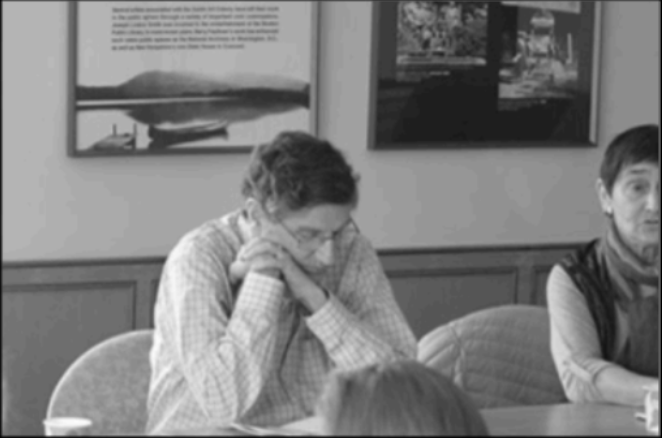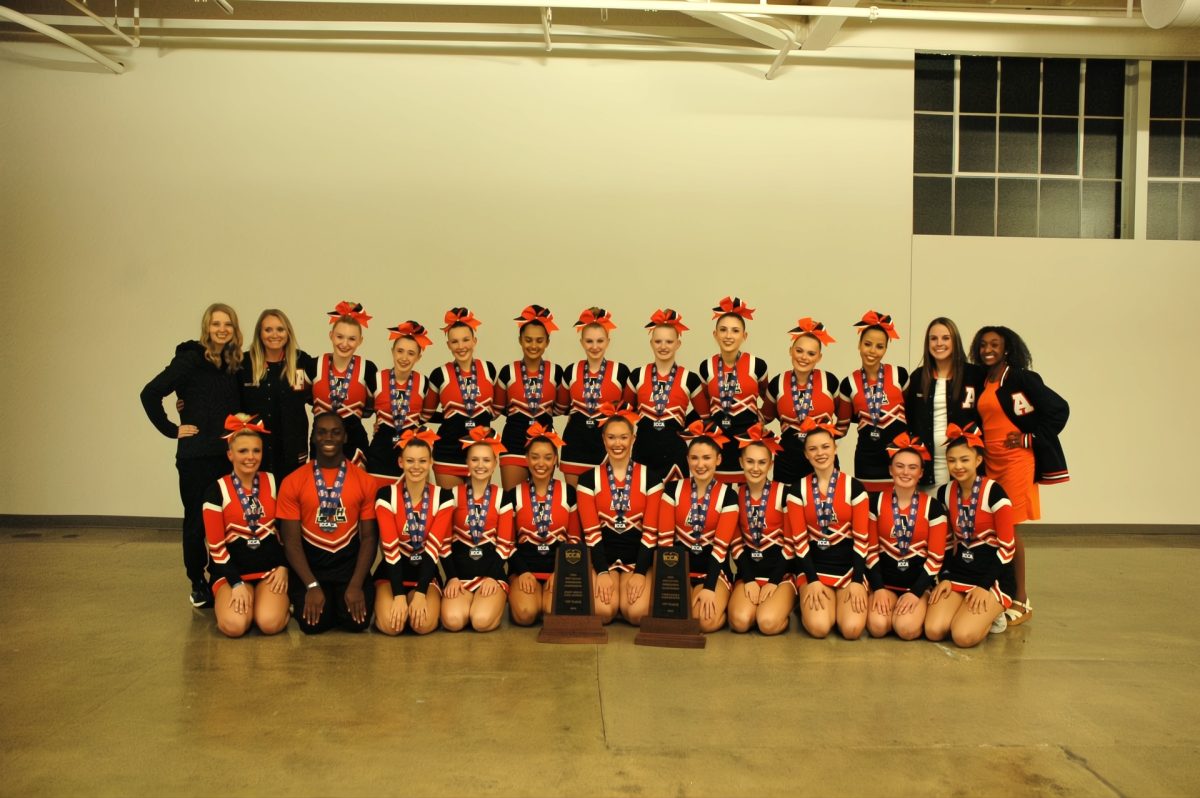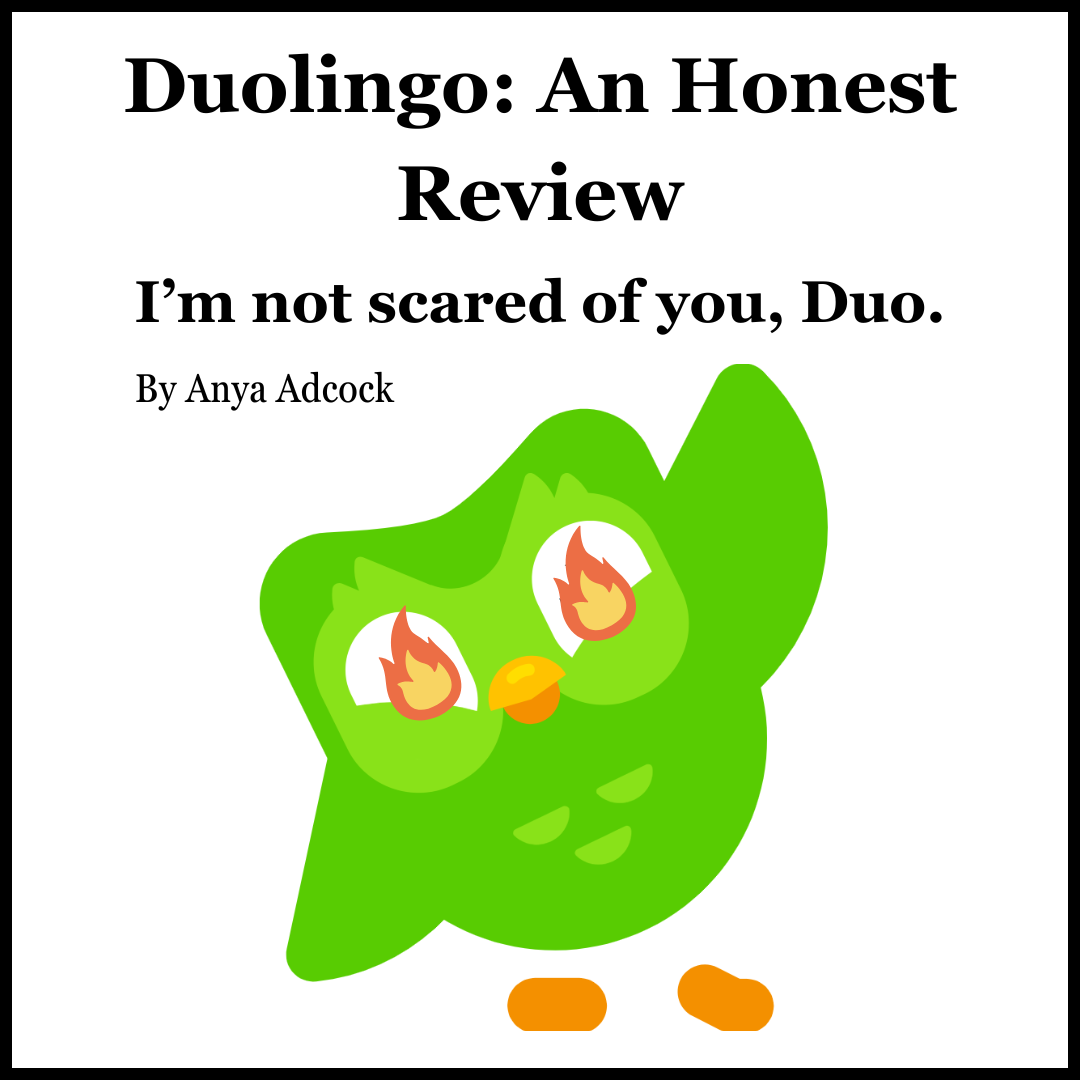Thereâs a part of me that doesnât want to write this column. Thereâs a part of me, one that I think is reflective of most of America, that just wants to mourn and move on. Recently, allusions to issues like gun control are inextricably linked to the Virginia Tech shootings, using the tragic act of violence as support for one argument or another. It can be overwhelming for a nation to deal with an event so senseless and bewildering, so the inclination to grieve without really thinking about what happened is understandable. However, the difficult task for the American people after such an event is to realize that as responsible, thinking citizens, we have an obligation to learn from tragedy. But what is it we need to learn? Well, letâs examine the nationâs reaction to what happened. Cho Seung-Hui was labeled as a madman, a shadow of a human whose actions were obscene and out of sync with the rest of the nation. While he clearly showed a disregard for any code of moral decency, it would be frivolous and chauvinistic to dismiss his actions as contrary to the American way. Our country has achieved its prestigious place in the world through nearly constant warfare and âhumanitarian intervention,â and a culture of violence is still being perpetrated. To start, we owe the very ground beneath our feet to genocide. It is estimated that there were about 12 million Native Americans living on the continent in 1492; 400 years later, there were about 237,000. This is a population reduction of roughly 95%, killed in the name of creating America. Col. John M. Chivington, a U.S. military officer in the 1860âs, probably said it best when he cried, âI have come to kill Indians and believe it is right and honorable to use any means under Godâs heaven to kill Indians!â The Native American connection is important, because the biggest mass murder in United States history was actually the 1890 massacre of Dakota Sioux Indians at Wounded Knee (killing over 300 people), not the Virginia Tech shooting. The massacre was, however, only a symptom of Americansâ historic willingness to kill. In the last 110 years, our country has intervened militarily or backed militias monetarily in the 43 countries. Extensive descriptions of these can be found at www.flagrancy.net/timeline.html. A country can only pile up such a massive list (as well as have military bases in over 100 countries) if its citizens show a troubling disregard for ending othersâ lives. However, a list serves only to reinforce what is readily apparent: Americaâs cultural indifference to violence is terrifying. I say indifference not because people in America do not react to violence, but because we often do not translate our sadness into action to prevent conflict. Since it takes an idiosyncratic and sadistic person to genuinely enjoy violence, it can be assumed that most Americans are repulsed by it. Then why is it so prevalent? The question is too large and complex to be answered here with a sense of real conclusiveness, but it involves our eagerness to distinguish âgoodâ violence from âbadâ violence. This distinction is usually nonexistent, yet is perpetuated by patriotic images of soldiers as the apex of what a person can become. Our history of prosperity through militarism elicits widespread complacency towards war and attaches a treasonous stigma to objectors. Things arenât much better at home, where a man like Cho Seung-Hui can buy a gun, despite the lack of practical reason for an ordinary civilian to carry weapons. In a country that sees 40 percent of its residents living in gun-owning households, it is irresponsible to pretend these arms wonât be used immorally. So, let us face the Virginia Tech shootings with the solemnity we owe the victims, yet with the pragmatism we owe ourselves. We are a people who owe our livelihood to murder and domination, and itâs time to ask if this is acceptable.
Categories:
React to violent tragedy by embracing non-violence
Bobby Hunter
•
May 18, 2007
Story continues below advertisement
0
Donate to The WEB
$125
$450
Contributed
Our Goal
Your donation will support the student journalists of Ames High School, and Iowa needs student journalists. Your contribution will allow us to cover our annual website hosting costs.
























